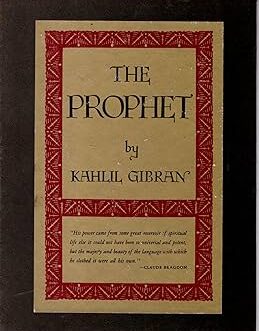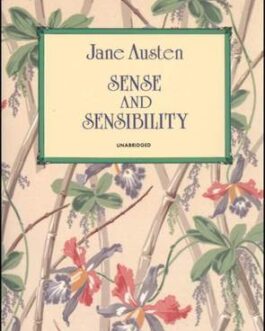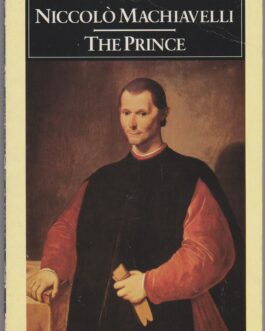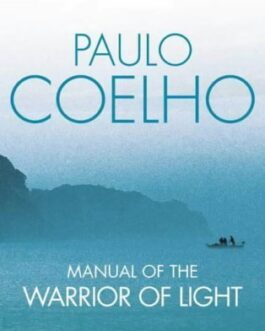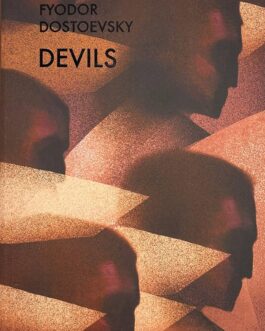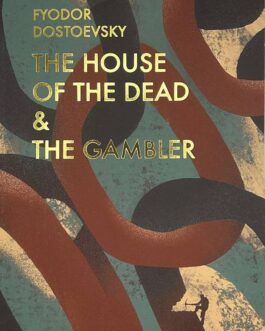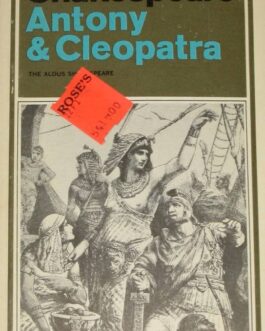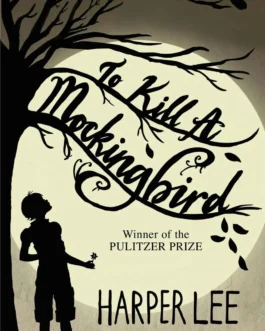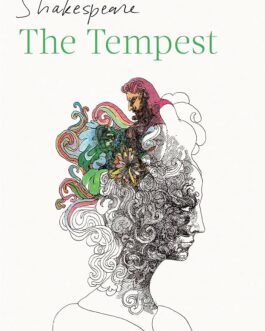Skip to content
Out of Stock
- C;LASSIC LITERATURE BOOKS
-
KSh 1,000.00
- Fyodor Dostoevsky’s The Brothers Karamazov is a timeless masterpiece that explores faith, morality, and the complexities of family through the story of three brothers entangled in their father’s murder. A profound blend of philosophy, psychology, and drama, it is one of the greatest novels ever written.
- Read more
- C;LASSIC LITERATURE BOOKS
-
KSh 600.00
- Julius Caesar by William Shakespeare is a classic tragedy about ambition, betrayal, and political power. It tells the story of Caesar’s assassination by those closest to him and the turmoil that follows, raising timeless questions about loyalty, honor, and the cost of power.
- Add to basket
Out of Stock
- C;LASSIC LITERATURE BOOKS
-
KSh 800.00
- Jane Eyre by Charlotte Brontë is a classic novel that follows the journey of a strong-willed orphan as she grows into an independent woman. Facing love, loss, and moral trials, Jane strives to stay true to herself in a society that seeks to silence her voice. A powerful tale of resilience, romance, and self-respect
- Read more
Out of Stock
- C;LASSIC LITERATURE BOOKS
-
KSh 800.00
- Sense and Sensibility by Jane Austen is a classic novel that follows the contrasting lives of the Dashwood sisters, Elinor and Marianne, as they navigate love, heartbreak, and societal expectations. Blending romance with sharp social insight, the story explores the balance between reason and emotion in the pursuit of happiness.
- Read more
Out of Stock
- C;LASSIC LITERATURE BOOKS
-
KSh 800.00
- Fahrenheit 451 by Ray Bradbury is a dystopian novel set in a future where books are banned, and firemen burn them. It follows Guy Montag, a fireman who begins to question his role in a society that suppresses knowledge. The book explores themes of censorship, conformity, and the importance of intellectual freedom, making it a timeless critique of oppressive regimes…
- Read more
- C;LASSIC LITERATURE BOOKS
-
KSh 800.00
- Romeo and Juliet by William Shakespeare is a timeless tragic love story set in Verona, Italy, about two young lovers from feuding families. Despite their love, fate and family conflict lead to a heartbreaking conclusion. With themes of love, destiny, and the destructive nature of hatred, the play remains one of Shakespeare's most beloved works.
- Add to basket
Out of Stock
- C;LASSIC LITERATURE BOOKS
-
KSh 800.00
- The Prince by Niccolò Machiavelli is a classic political treatise that offers pragmatic advice on leadership and power. Written in the 16th century, it explores how rulers can gain and maintain power through cunning, adaptability, and strategic decision-making. Known for its controversial ideas, including the famous notion that "the ends justify the means," the book remains a cornerstone of political…
- Read more
Out of Stock
- C;LASSIC LITERATURE BOOKS
-
KSh 800.00
- The Manual of the Warrior of Light by Paulo Coelho is an inspirational guide that encourages readers to embrace their inner strength and live with purpose. Through poetic reflections, Coelho offers wisdom on resilience, courage, and self-discovery, teaching how to face life's challenges with grace and determination. It's a motivational book for those seeking to live with conviction and integrity.
- Read more
Out of Stock
- C;LASSIC LITERATURE BOOKS
-
KSh 1,500.00
- Crime and Punishment by Fyodor Dostoevsky follows Rodion Raskolnikov, a young man who justifies murder for a greater good, only to be consumed by guilt and paranoia. As he struggles with his conscience and interacts with those around him, the novel explores themes of morality, redemption, and the psychological consequences of crime.
- Read more
Out of Stock
- C;LASSIC LITERATURE BOOKS
-
KSh 1,500.00
- Demons (also known as The Devils or The Possessed) by Fyodor Dostoevsky is a powerful exploration of political extremism, moral decay, and societal upheaval. The novel follows a group of radical intellectuals in a provincial Russian town as they plot to destroy the existing social order, exposing the destructive consequences of nihilism and the loss of faith.
- Read more
Out of Stock
- C;LASSIC LITERATURE BOOKS
-
KSh 1,500.00
- The Idiot by Fyodor Dostoevsky follows the gentle and compassionate Prince Myshkin as he returns to Russian society and struggles to navigate a world filled with greed, jealousy, and manipulation. His innocence and honesty, meant to reflect true goodness, clash tragically with a corrupt and cynical society, raising deep questions about morality and human nature.
- Read more
Out of Stock
- C;LASSIC LITERATURE BOOKS
-
KSh 1,500.00
- The Brothers Karamazov by Fyodor Dostoevsky is a powerful novel exploring faith, doubt, and morality through the story of three brothers entangled in the murder of their father. Each brother represents a different philosophical worldview, making the novel a profound study of the human soul and the eternal conflict between reason, spirituality, and passion.
- Read more
Out of Stock
- C;LASSIC LITERATURE BOOKS
-
KSh 1,500.00
- Notes from Underground by Fyodor Dostoevsky is a profound psychological and philosophical novella that delves into the mind of a bitter, isolated man who rejects society and rationalism. Through his inner monologue and recollections, the story explores themes of free will, alienation, and the contradictions of human nature.
- Read more
Out of Stock
- C;LASSIC LITERATURE BOOKS
-
KSh 1,500.00
- The House of the Dead and The Gambler by Fyodor Dostoevsky brings together two powerful novellas that explore the extremes of human experience. The House of the Dead recounts life in a Siberian prison through the eyes of a nobleman inmate, revealing the harsh realities and moments of humanity behind bars. The Gambler follows a tutor’s spiraling obsession with roulette…
- Read more
Out of Stock
- C;LASSIC LITERATURE BOOKS
-
KSh 800.00
- The Hobbit by J.R.R. Tolkien follows Bilbo Baggins, an unlikely hero, as he embarks on an unexpected adventure with a group of dwarves and the wizard Gandalf. Their quest to reclaim treasure from the dragon Smaug takes Bilbo through a world filled with trolls, goblins, elves, and danger. Along the way, Bilbo discovers his own courage and acquires a mysterious…
- Read more
- C;LASSIC LITERATURE BOOKS
-
KSh 700.00
- Antony and Cleopatra is a tragic Shakespearean drama about the passionate but doomed love affair between Roman general Mark Antony and Egyptian queen Cleopatra, set against the backdrop of political intrigue and betrayal.
- Add to basket
- C;LASSIC LITERATURE BOOKS
-
KSh 700.00
- To Kill a Mockingbird by Harper Lee is a Pulitzer Prize-winning novel that tackles themes of racial injustice and morality in the American South, as seen through the eyes of young Scout Finch and her father, Atticus Finch, who defends an innocent black man accused of a crime.
- Add to basket
- C;LASSIC LITERATURE BOOKS
-
KSh 700.00
- Alice's Adventures in Wonderland follows Alice’s whimsical journey through a bizarre world, where she encounters strange characters and learns valuable lessons about identity, curiosity, and imagination.
- Add to basket
- C;LASSIC LITERATURE BOOKS
-
KSh 700.00
- The Tempest is a magical play by Shakespeare about Prospero, a powerful magician seeking revenge on those who betrayed him, only to discover the healing power of forgiveness and reconciliation.
- Add to basket



